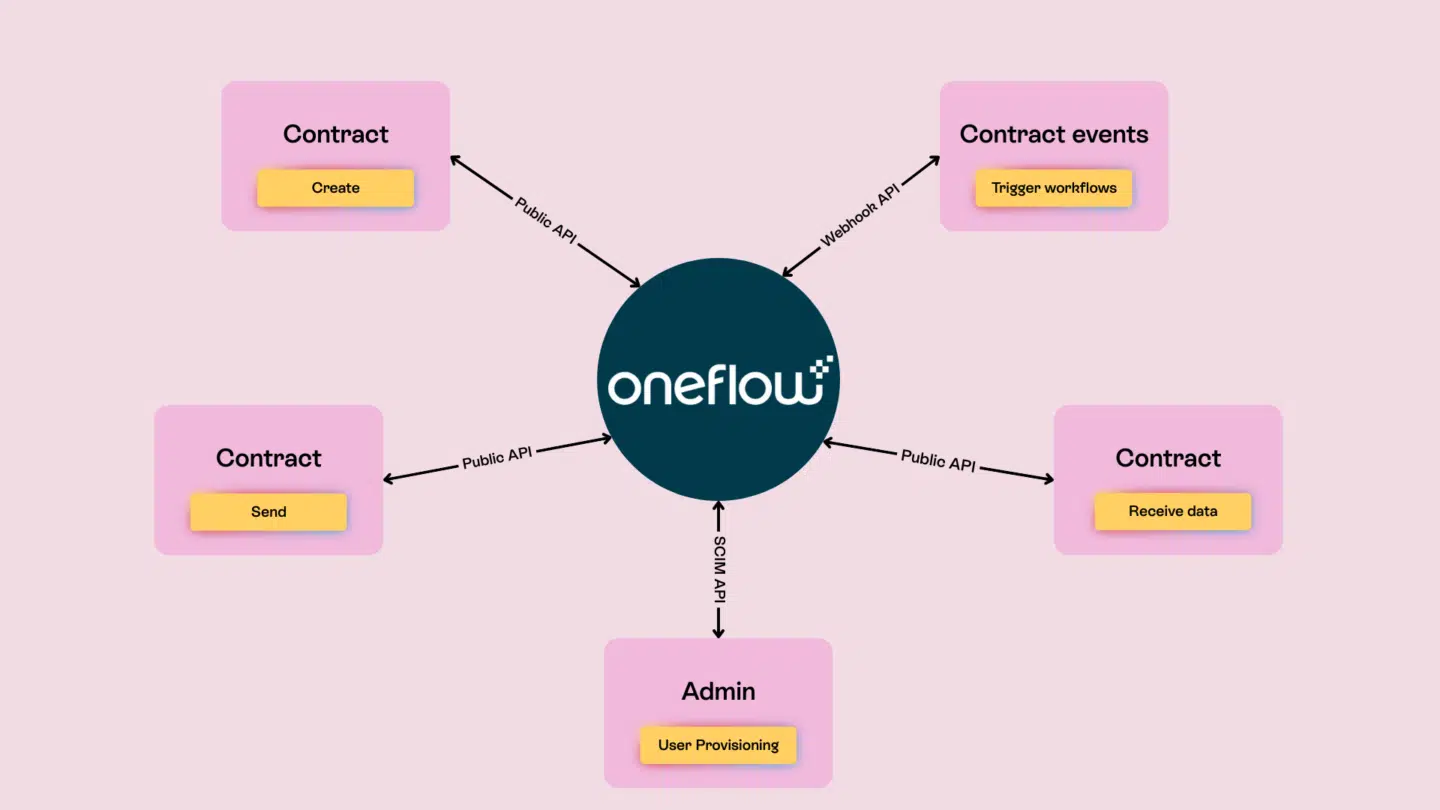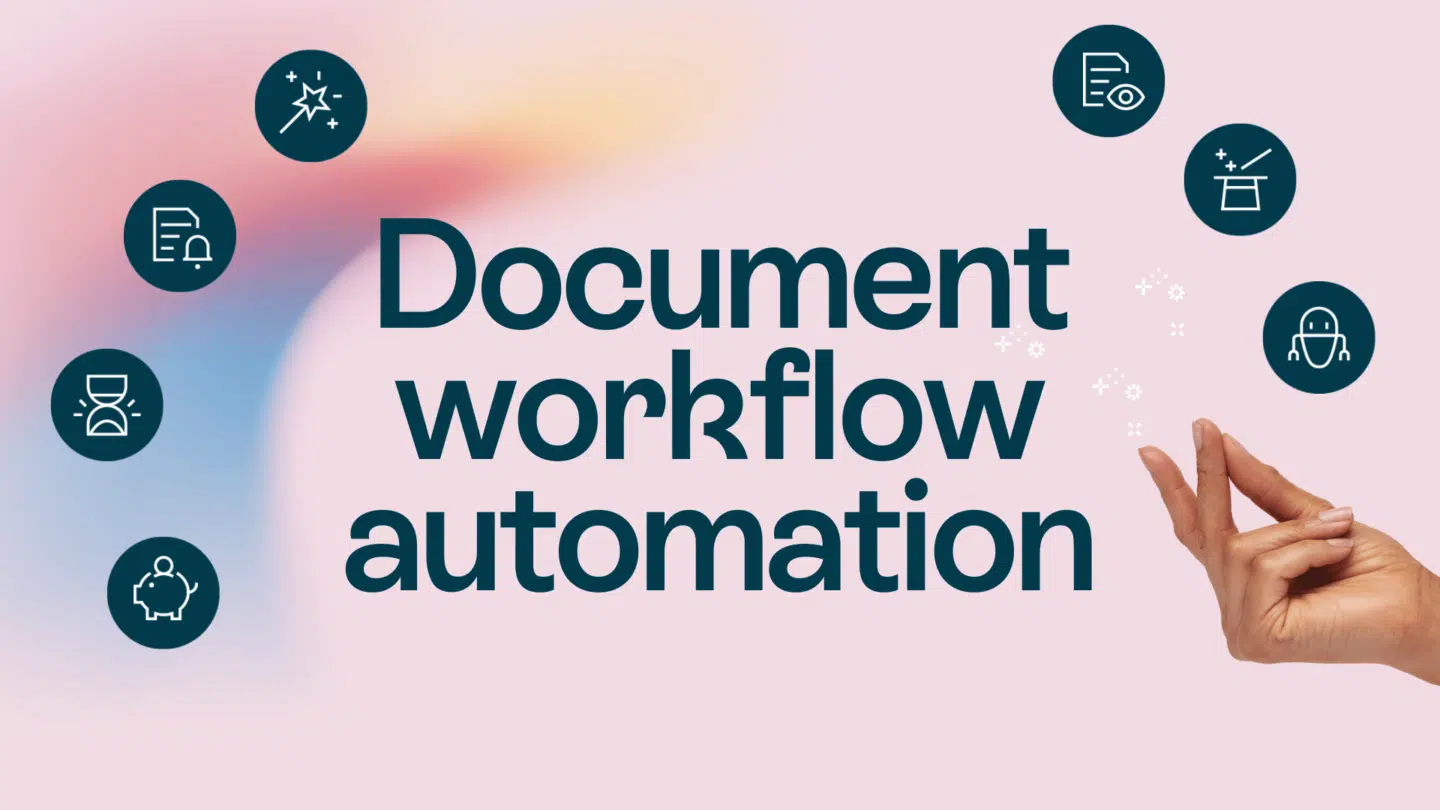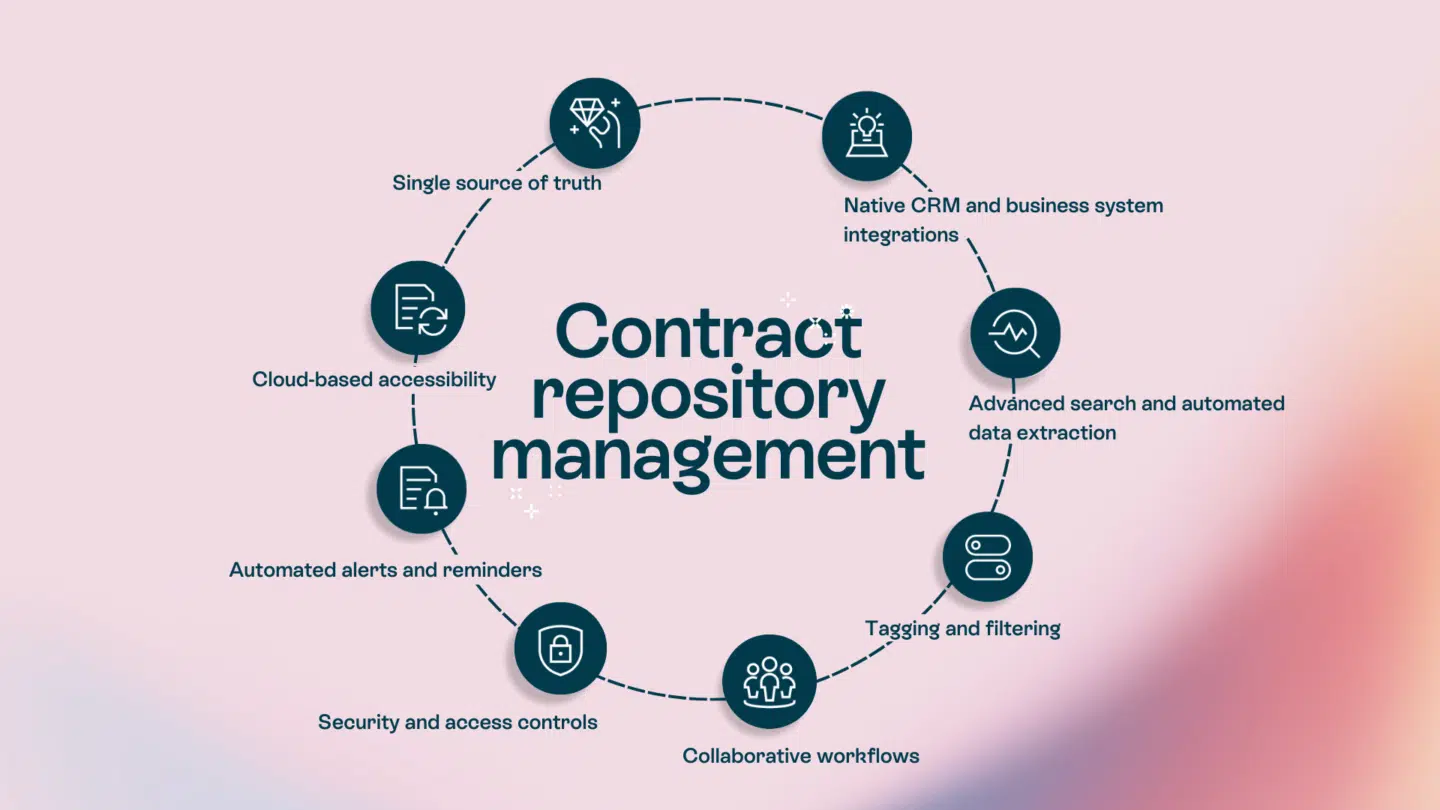In today’s fast-paced corporate world, effective communication is key to success. One important form of communication within organizations is the business report. Whether you are a seasoned professional or just starting out, understanding the concept of a business report and knowing how to write one can greatly enhance your career prospects.
In this article, we will delve into the definition and purpose of a report like this, discuss the importance of business reports in corporate communication, explore the key elements of a business report, outline the steps to writing an effective one, and provide valuable tips for improving your business report writing skills.
Understanding the concept of a business report
Before we dive into the intricacies of business report writing, let’s take a moment to understand what a business report actually is. Essentially, a business report is a document that provides information, analysis, and recommendations on a specific business-related topic. It is a structured and formal way of presenting data and findings to key stakeholders. Business reports serve various purposes, including informing decision-making, evaluating performance, and documenting progress.
When it comes to understanding the concept of a report like this, it is important to recognize that these reports are not just simple summaries of information. They go beyond presenting raw data and instead focus on analyzing and interpreting that data to provide meaningful insights. This analysis is crucial for decision-makers who rely on business reports to guide their actions and strategies.
Reports like this can cover a wide range of topics, depending on the needs of the organization. They can focus on financial performance, sales trends, market research, project updates, or any other aspect of the business that requires evaluation and reporting. Regardless of the specific topic, the purpose of a report like this remains the same: to provide accurate and relevant information that aids in decision-making.
Read also: Mitigate risk and take control of your contracts

Definition and purpose of a business report
A business report is a written document that presents factual and analytical information to aid in decision-making. Its purpose is to communicate data, findings, and recommendations to a specific audience within the business context. Business reports can take various forms, including financial reports, sales reports, market research reports, and project reports. They are often delivered in a professional setting, such as board meetings, executive briefings, or client presentations.
When it comes to defining the purpose of a report like this, it is important to highlight the role it plays in supporting effective decision-making. Decision-makers rely on business reports to provide them with accurate and reliable information that allows them to assess the current state of the business, identify areas of improvement, and make informed choices. Without these reports, decision-makers would be left to rely on intuition or incomplete information, which can lead to poor decision-making and potential negative consequences for the organization.
Furthermore, business reports also serve as a means of documenting important information and progress within an organization. They provide a historical record of the business’s performance, allowing stakeholders to track progress over time and identify trends or patterns. This historical data can be invaluable when it comes to evaluating the effectiveness of strategies, identifying areas of improvement, and setting future goals.
Use these free business templates from Oneflow
Importance of business reports in corporate communication
The importance of business reports in corporate communication cannot be overstated. They serve as a vital tool for conveying information accurately and efficiently within an organization. Business reports enable effective decision-making by providing valuable insights and analysis. They also enhance accountability and transparency by documenting progress, successes, and challenges. Moreover, business reports facilitate communication between different departments, teams, and stakeholders, fostering collaboration and alignment towards common goals.
One of the key reasons why business reports are important in corporate communication is their ability to provide a comprehensive and objective view of the business’s performance. By presenting data and analysis in a clear and concise manner, business reports allow stakeholders to gain a holistic understanding of the organization’s current state. This understanding is crucial for making informed decisions and taking appropriate actions.
In addition, reports like these play a crucial role in fostering accountability within an organization. By documenting progress, successes, and challenges, these reports hold individuals and teams accountable for their actions and outcomes. This accountability helps drive performance and ensures that everyone is working towards the same goals and objectives.
Read also: Why Oneflow is a contract automation platform for everyone

Key elements of a business report
Now that we have a clear understanding of what a report like this entails, let’s delve into its key elements. A well-structured business report typically consists of several sections that guide the reader through the document. These sections include:
Title page and terms of reference
The title page provides essential information, such as the report’s title, author, date, and any relevant reference numbers. The terms of reference outline the purpose and scope of the report, defining the audience and objectives.
Executive summary and introduction
The executive summary provides a concise overview of the entire report, highlighting the main findings, conclusions, and recommendations. It serves as a snapshot for busy executives who may not have time to read the entire document. The introduction sets the context for the report, explaining its importance and outlining the key areas of focus.
Body, conclusions, and recommendations
The body of the report presents the analysis, data, and information in detail. It is here that you delve into the topic, using charts, graphs, and written explanations to support your findings. The conclusions section summarizes the key points derived from the analysis, while the recommendations section suggests actions or solutions based on the conclusions.
Steps to writing an effective business report
Now that we have explored the key elements of a business report, let’s outline the steps to writing an effective one. By following these steps, you can ensure that your business report is thorough, well-structured, and impactful:
Planning your report
Before you start writing, take the time to plan your report. Define the objectives, audience, and scope of the report. Determine what data and information you need to collect and analyze. Create a clear outline of the structure, including headings and subheadings.
Gathering and organizing information
Collect all the relevant data and information for your report. Conduct thorough research, utilizing credible sources and statistical data where applicable. Organize the information in a logical and coherent manner, ensuring that it flows smoothly and provides a cohesive narrative.
Writing and reviewing the report
Begin writing your report, following the established outline. Use clear and concise language, avoiding jargon or unnecessary complexity. Ensure that each section is broken into paragraphs, allowing for easy readability. Once you have completed your draft, review and revise it for clarity, accuracy, and coherence. Be sure to proofread for any grammar or spelling errors.
Read also: What is an expressed contract? The essential guide

Tips for improving your business report writing skills
Now that you have a solid understanding of the business report writing process, let’s discuss some valuable tips for improving your skills:
Using clear and concise language
When writing a report like this, it is crucial to use clear and concise language. Avoid lengthy sentences and technical jargon that may confuse your readers. Present your findings and recommendations in a straightforward and easily understandable manner.
Read also: Free sales agreement templates
Incorporating visual elements
Visual elements, such as graphs, charts, and tables, can greatly enhance the effectiveness of your business report. They provide a visual representation of the data, making it easier for readers to grasp complex information quickly. When using visual elements, ensure they are properly labeled and referenced within the text.
Ensuring accuracy and consistency
Accuracy and consistency are essential in business report writing. Double-check all the data, facts, and figures presented in your report to ensure their accuracy. Maintain consistency in formatting, referencing, and style throughout the document. This will enhance the professionalism and credibility of your report.
By following these tips and guidelines, you can become a proficient business report writer, capable of delivering impactful and insightful reports. Remember, practice makes perfect, so keep honing your skills and seeking feedback to continually improve. Effective business report writing can set you apart as a skilled communicator and propel your career to new heights.






